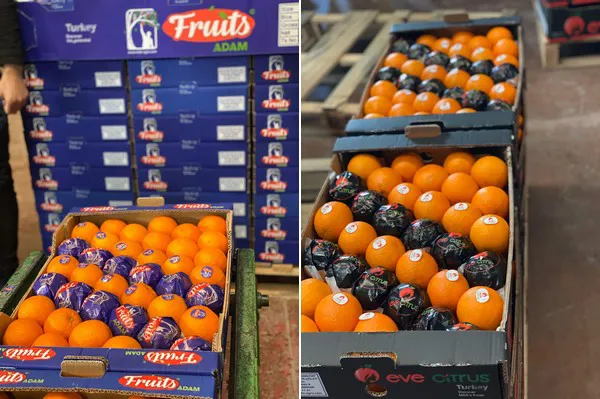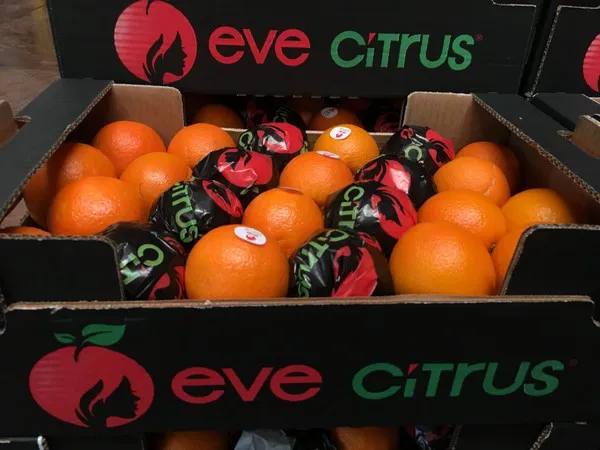The Turkish Valencias are seeing a lot of demand from the Eastern European countries. Although the season started slower, the search for Vitamin C has caused demand to spike. People seem to care less about sizes and specifications, making exporting the produce easier than it would normally be. Although it has been near impossible for one Turkish exporter to compete with Egypt.
After a slower start, a side effect of the coronavirus was a spike in demand for Valencias, says Mustafa Arslan, owner of MDA Agricultural Products. “Valencia season started two months ago slowly, but after the coronavirus started spreading faster, we’ve seen a huge demand. The fact Turkey has put a ban on the export of lemons no doubt affected the demand on Valencia’s as well. The Valencia oranges from the Adana area finished earlier this season, but most companies are keeping their produce in their cold storage for April-May-June to supply their customers in local and the foreign markets. Prices were expensive at the farms, but the euro currency and demand helped us to sell with good prices. Now Cyprus oranges continue mostly. Their quality is higher than us this year, so at the moment we prefer to pack their oranges to be able to supply our clients with better quality. I expect the season will continue as well to the end of June this season.”

Arslan has noticed that clients currently care less about the sizes and specifications of the Valencias, buyers just want to get quality produce: “Volumes are lower this season. I’d estimate we have about 20 to 30 per cent less quantity than previous season. We expect our total volume for Valencia oranges to be around 350,000 tons. Total orange production was 1,700,000 tons in 2019. But Turkish companies close any gaps with importing orange from Cyprus. That way we’ll always be sure to have enough produce to supply our clients without any issues. Sizes are medium and small mostly. But it seems exporting is easier than usual, as people do not care about size or specifications as much with coronavirus in place. Consumers just care about the vitamin C. That doesn’t mean we don’t do everything to get our customers the best quality we can, which has increased in general over the last couple of years.”
As Egypt had taken a hold of the West European market, Turkey has had its focus on the Eastern European markets: “Russia, Ukraine, East Europe and the Balkan countries are the main market for Turkish Valencias. Transit time is the main factor, as we could not compete with Egypt in West Europe and the Far East countries. The Egyptians have advantages on packing costs and transport costs. But when it comes to nearby countries, our costs are lower than theirs, so we can sell easier in these countries. Most of the Dutch companies do business in Egypt directly, so it puts us in a difficult position to compete with them.” Arslan explains.

Although the world will be dealing with the coronavirus for quite some time to come, Arslan hopes the situation will get closer to how it used to be soon. He does think there will still be consequences for the next seasons as well: “I expect all will be normal in July-August and I wish that really comes true. But I think next season will be equally difficult, because most of the companies around the world will try to get past the economic challenges first. People might change their priorities when it comes to spending their salaries and save more for the future. Also the people will use their salary for much more necessary products and they start saving for their future. This will have an impact on the global economy that will affect every aspect of the business. Our plan is to reduce capacity slightly and work slightly less than we did this year. If companies aren’t careful, they could face a lot of problems. In the agricultural sector a lot of companies are not financially healthy enough to take risks.” he concludes.
For more information:
Mustafa Arslan
MDA Agricultural Products
Mobile: +90 541 348 39 09
Email: mustafa@mda-agro.com
www.mda-agro.com
